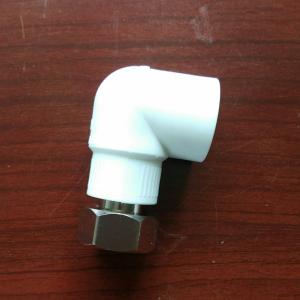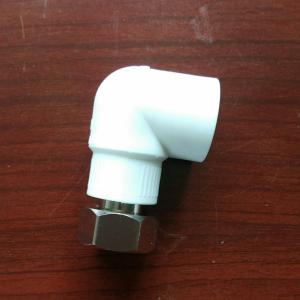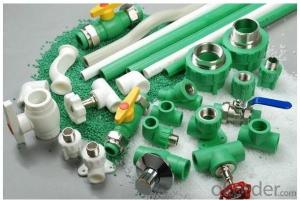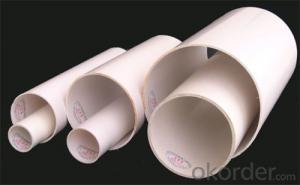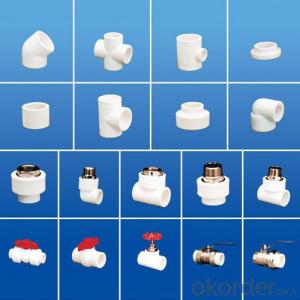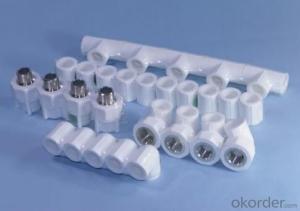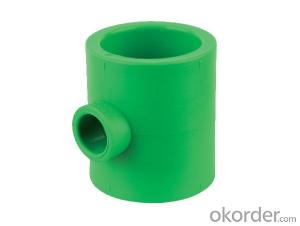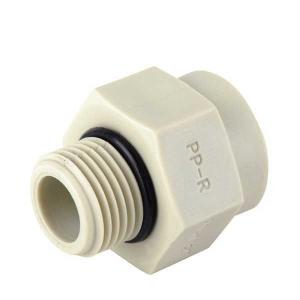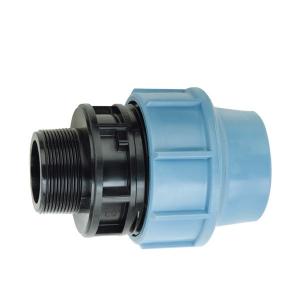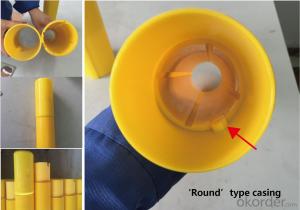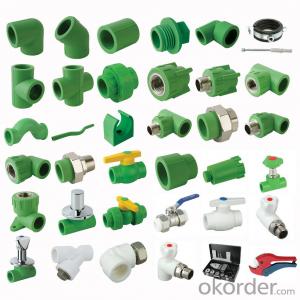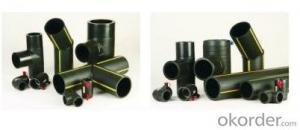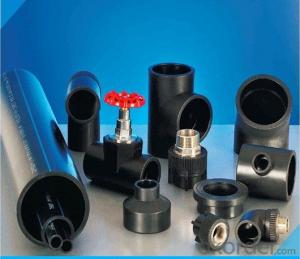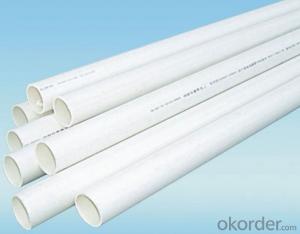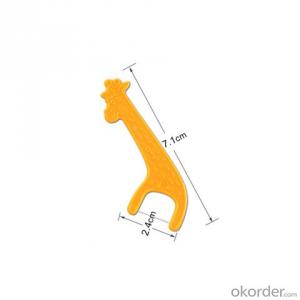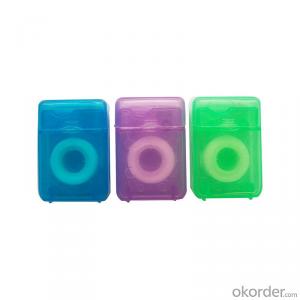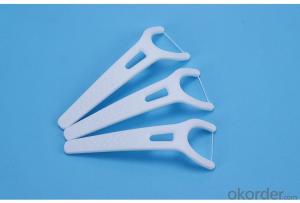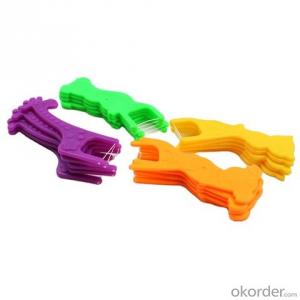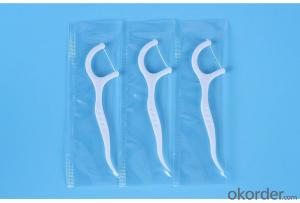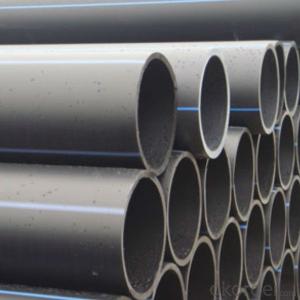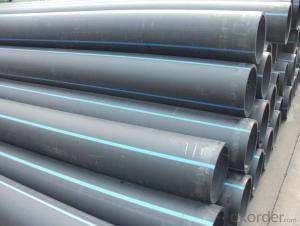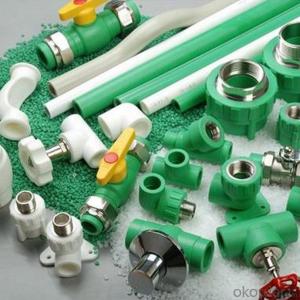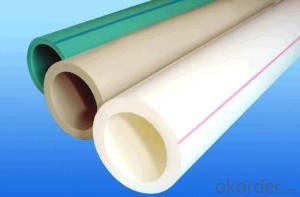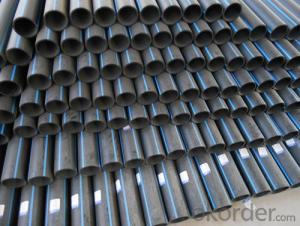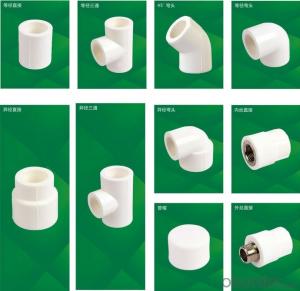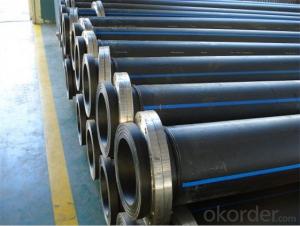Special Bend for Water Heater PPR Plastic Pipe Fitting Connecting Civil Construction Agricultural
- Loading Port:
- Ningbo
- Payment Terms:
- TT or LC
- Min Order Qty:
- 3000 pc
- Supply Capability:
- 100000 pc/month
OKorder Service Pledge
OKorder Financial Service
You Might Also Like
Special Bend for Water Heater
Mainly used to connect civil construction, industrial, agricultural and landscape irrigation drainage system PE pipes
Main Features of Special Bend for Water Heater
1, health, non-toxic: the various parts of the pipeline system consists of PP-R pipes and fittings constituted can be completely non-toxic, health indicators in line with GB / T17219 standards.
2, does not rust: PH value can withstand a wide temperature range, in the range of 1 to 14, a high concentration of acid and alkali corrosion.
3, wear-resistant, non-fouling: PP-R pipe and tube inner wall smooth, uniform flow resistance is small and does not scale.
4, reducing vibration and noise: PP-R pipe has excellent insulation properties, can significantly reduce the vibration and noise caused by the flow of liquid.
5, anti-cracking: PP-R materials excellent elasticity makes pipes and fittings sectionally With frost expansion of the liquid together without bursting.
6, anti-condensation, heat loss is small: PP-R material is a poor thermal conductor, reduces condensation and reduce heat loss less.
7, anti-electric corrosion: PP-R material is a poor conductor of electricity can avoid corrosion. Complete specifications: 10-30 optional
Pictures of Special Bend for Water Heater
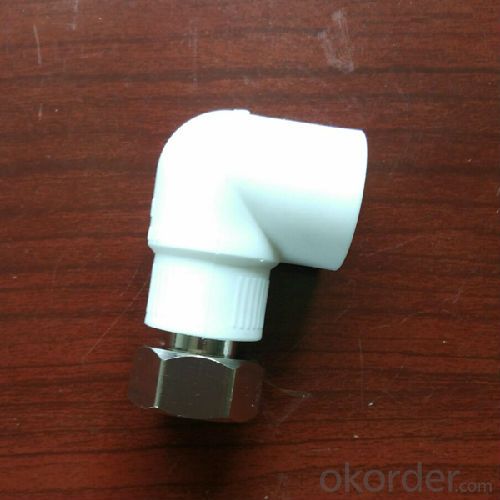
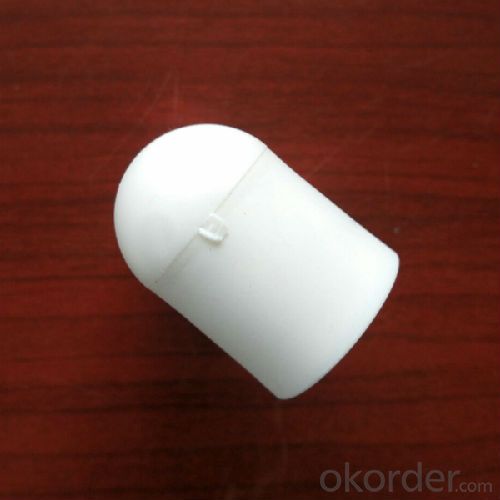
- Q:Are plastic pipe fittings resistant to freezing temperatures?
- Yes, plastic pipe fittings are generally resistant to freezing temperatures.
- Q:Antistatic flame retardant PE plastic pipe installation, what should pay attention to?
- When installing the pipe, the distance between the two socket flexible connections shall be no more than 3 meters. When the length compensation is needed, the pipe can be completely inserted into the socket and then out of the 10mm. Flexible connections between pipes and fittings can absorb thermal expansion of pipes up to 10mm.
- Q:Can plastic pipe fittings be used in chemical processing systems?
- Yes, plastic pipe fittings can be used in chemical processing systems. Plastic materials such as PVC, CPVC, and polypropylene are commonly used in chemical processing due to their resistance to corrosion, chemicals, and high temperatures. Additionally, plastic pipe fittings are lightweight, easy to install, and cost-effective, making them suitable for various applications in chemical processing systems. However, it is crucial to choose the appropriate plastic material that is compatible with the specific chemicals and operating conditions of the system to ensure safety and reliability.
- Q:Can plastic pipe fittings be used for cooling towers?
- Yes, plastic pipe fittings can be used for cooling towers.
- Q:Can plastic pipe fittings be used for irrigation systems?
- Yes, plastic pipe fittings can be used for irrigation systems. Plastic pipe fittings, such as PVC (polyvinyl chloride) or HDPE (high-density polyethylene), are commonly used in irrigation systems due to their durability, affordability, and resistance to corrosion and chemicals. They are easy to install and provide a secure connection between pipes, ensuring efficient water flow throughout the irrigation system.
- Q:How do plastic pipe fittings compare to polybutylene fittings?
- Plastic pipe fittings and polybutylene fittings are both commonly used in plumbing systems, but they have some differences. Plastic pipe fittings are typically made from PVC (polyvinyl chloride) or CPVC (chlorinated polyvinyl chloride), while polybutylene fittings are made from a type of plastic called polybutylene resin. In terms of durability, plastic pipe fittings are generally more resistant to chemicals, heat, and pressure compared to polybutylene fittings. Plastic fittings also tend to be less prone to corrosion, making them a more reliable option for long-term use. Polybutylene fittings, on the other hand, were widely used in residential plumbing systems in the past but have since fallen out of favor due to concerns about their long-term reliability. Polybutylene has been associated with issues such as brittle pipes, leaks, and ruptures, particularly when exposed to chlorine or other chemicals commonly found in water supplies. Overall, plastic pipe fittings are considered a safer and more durable choice for plumbing systems compared to polybutylene fittings. It's important to consult with a professional plumber or adhere to local building codes when selecting fittings to ensure the best choice for your specific plumbing needs.
- Q:Do plastic pipe fittings require any special adhesive or sealant?
- Yes, plastic pipe fittings typically require a special adhesive or sealant specifically designed for use with plastic materials. These adhesives or sealants help ensure a watertight and secure connection between the fittings and the pipes, preventing leaks and maintaining structural integrity. It is important to choose the appropriate adhesive or sealant based on the type of plastic and the specific application to ensure proper bonding and long-lasting results.
- Q:Can plastic pipe fittings be used for both hot and cold water supply?
- Yes, plastic pipe fittings can be used for both hot and cold water supply.
- Q:Can plastic pipe fittings be used for natural gas systems?
- No, plastic pipe fittings cannot be used for natural gas systems.
- Q:Can plastic pipe fittings be used for pharmaceutical manufacturing?
- No, plastic pipe fittings are not suitable for pharmaceutical manufacturing due to the risk of contamination and potential chemical reactions with the drugs. Stainless steel or other non-reactive materials are typically used in pharmaceutical manufacturing to ensure product safety and integrity.
1. Manufacturer Overview |
|
|---|---|
| Location | |
| Year Established | |
| Annual Output Value | |
| Main Markets | |
| Company Certifications | |
2. Manufacturer Certificates |
|
|---|---|
| a) Certification Name | |
| Range | |
| Reference | |
| Validity Period | |
3. Manufacturer Capability |
|
|---|---|
| a)Trade Capacity | |
| Nearest Port | |
| Export Percentage | |
| No.of Employees in Trade Department | |
| Language Spoken: | |
| b)Factory Information | |
| Factory Size: | |
| No. of Production Lines | |
| Contract Manufacturing | |
| Product Price Range | |
Send your message to us
Special Bend for Water Heater PPR Plastic Pipe Fitting Connecting Civil Construction Agricultural
- Loading Port:
- Ningbo
- Payment Terms:
- TT or LC
- Min Order Qty:
- 3000 pc
- Supply Capability:
- 100000 pc/month
OKorder Service Pledge
OKorder Financial Service
Similar products
New products
Hot products
Related keywords
